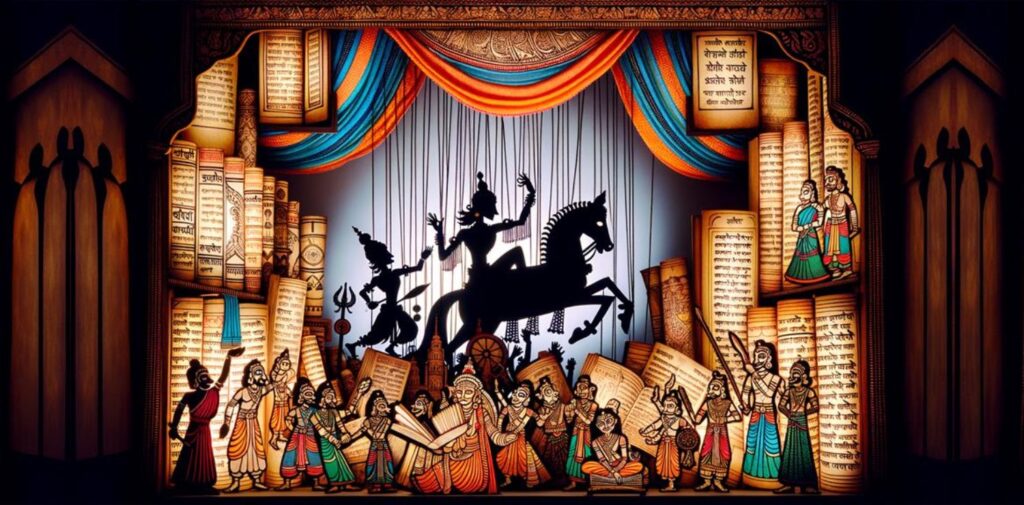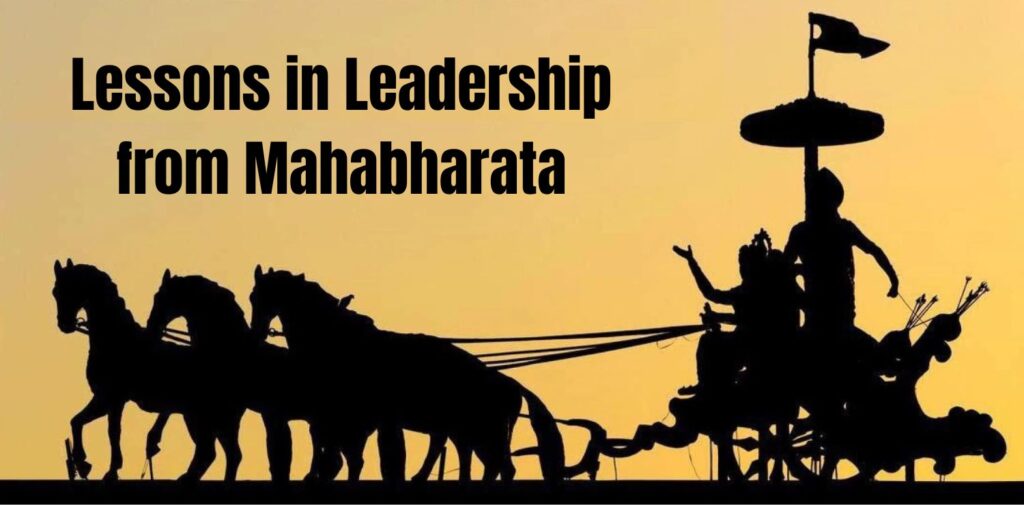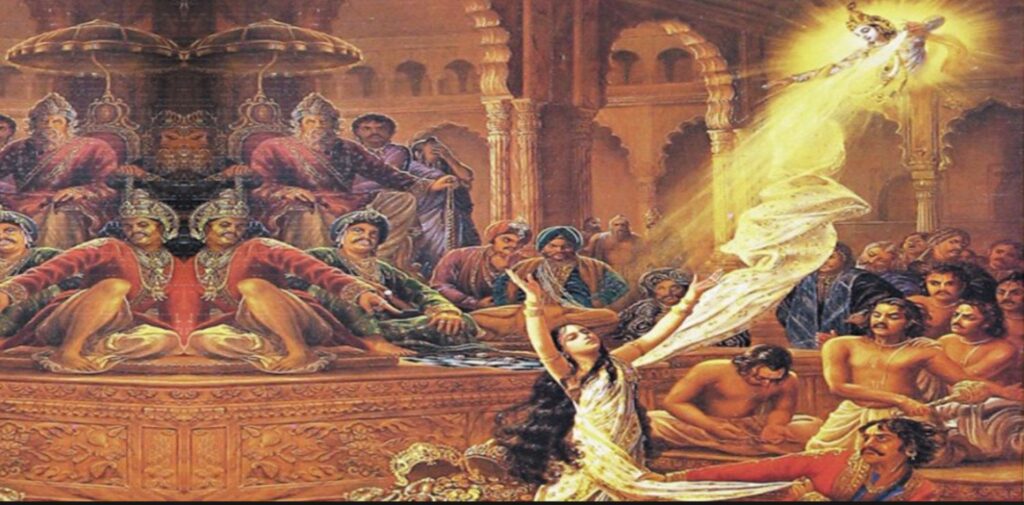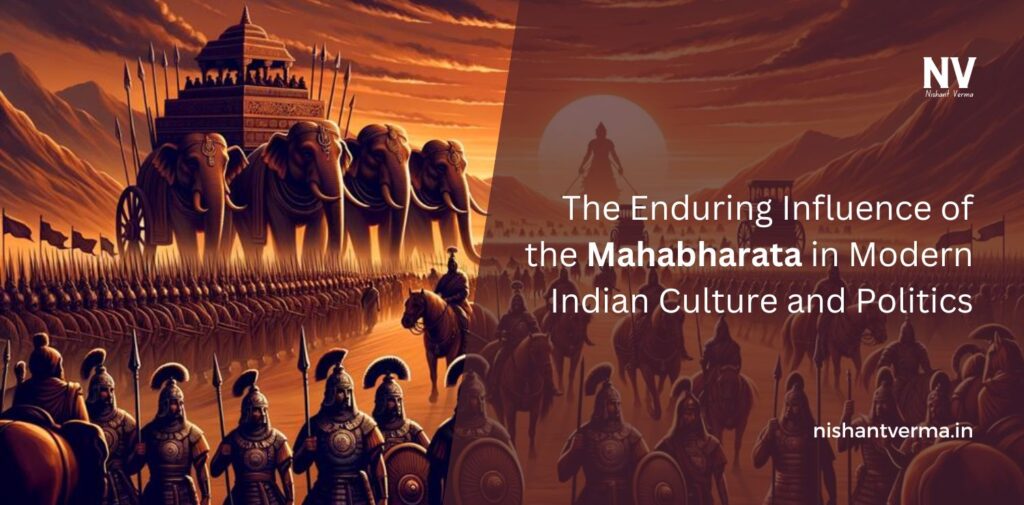The Mahabharata, one of the greatest epics of ancient India, continues to hold a significant place in the hearts and minds of millions even today. Written thousands of years ago, this epic is not just a story of war and conflict; it is a treasure trove of moral lessons, philosophical insights, and reflections on human nature. Its impact is deeply woven into the fabric of modern Indian culture and politics, influencing everything from literature and art to social norms and political discourse. In this article, we will explore how the Mahabharata shapes contemporary Indian society, its cultural manifestations, and its role in the political arena.
A Timeless Tale
At its core, the Mahabharata narrates the story of two families—the Pandavas and the Kauravas—who vie for power and righteousness. This conflict unfolds against a backdrop of complex characters, each representing different virtues and flaws. From the noble Arjuna to the cunning Duryodhana, the characters are relatable and embody the struggles of everyday life.
The epic is not just a tale of war; it delves into issues of duty (dharma), justice, love, and the consequences of choices. These themes resonate with modern audiences, making the Mahabharata relevant even today. The complexities of human relationships portrayed in the epic encourage readers to reflect on their own lives and societal issues.

Influence on Literature and Art
The Mahabharata has inspired countless adaptations in literature, theater, and art. Writers and poets have drawn upon its characters and themes, creating new works that resonate with contemporary issues. For instance, modern retellings often focus on the perspective of female characters like Draupadi, offering fresh insights into their struggles and strength.
In visual arts, the epic’s stories have been depicted in paintings, sculptures, and even films. The vibrant narratives and dramatic moments provide a rich source of inspiration for artists. Movies and television shows based on the Mahabharata have not only entertained audiences but also educated them about its profound messages. The 1980s television adaptation became a cultural phenomenon, bringing families together and sparking discussions about the values portrayed in the story.
Reflections in Everyday Life
The Mahabharata’s influence extends beyond the realm of art and literature; it permeates daily life in India. Many sayings, idioms, and proverbs have roots in the epic, shaping the way people think and communicate. For example, the concept of “dharma” (duty and righteousness) is often invoked in discussions about ethical behavior and social responsibilities.
Festivals and rituals also draw inspiration from the epic. Celebrations like Diwali and Holi often incorporate elements from Mahabharata narratives, reinforcing cultural traditions and values. The stories serve as moral guides, reminding people of the importance of integrity, courage, and compassion.
A Source of Political Philosophy
The Mahabharata is not only a narrative of personal struggles but also a profound commentary on governance and power. Leaders and politicians often refer to the epic to justify their actions or to draw lessons on leadership and ethics. The character of Krishna, who serves as a guide and strategist, is frequently cited in discussions about political strategy and morality.
In recent years, political leaders have drawn parallels between their own journeys and the epic’s characters. This use of the Mahabharata in political rhetoric helps create a narrative that resonates with the public, often simplifying complex political issues into relatable stories. For instance, during elections, politicians may present themselves as modern-day Arjunas or Krishnas, appealing to voters’ emotions and sense of duty.

Lessons in Leadership
The Mahabharata offers valuable lessons on leadership, decision-making, and the weight of responsibility. The dilemmas faced by characters like Yudhishthira and Arjuna are reflective of the challenges modern leaders encounter. Yudhishthira’s struggle with honesty and duty, and Arjuna’s internal conflict over fighting against family members, are examples of the moral complexities leaders must navigate.
In contemporary India, these lessons are relevant as leaders grapple with issues of corruption, governance, and public welfare. The emphasis on ethical leadership and the consequences of decisions made in power echo throughout the epic. Politicians who embody these ideals may gain public trust and support, while those who deviate from them risk backlash.
The Mahabharata and Social Issues
The epic also addresses social issues such as caste, gender, and justice, which remain pertinent in modern India. Characters like Draupadi highlight the struggles of women and the importance of dignity and respect. Her story resonates with ongoing discussions about women’s rights and empowerment in contemporary society.
Moreover, the themes of justice and equality in the Mahabharata encourage critical reflections on social hierarchies and injustices. Activists and reformers often draw upon its narratives to advocate for change, using the epic as a framework to address issues of discrimination and inequality.

Conclusion: Modern Indian Culture and Politics
The Mahabharata is much more than an ancient text; it is a living tradition that continues to influence modern Indian culture and politics. Its stories, characters, and themes provide a lens through which to understand contemporary issues, from personal dilemmas to broader societal challenges.
In literature and art, the epic inspires creativity and reflection, while in daily life, it shapes values and social norms. Politically, it offers insights into leadership and governance, serving as a guide for those in power. As India navigates the complexities of the modern world, the timeless lessons of the Mahabharata remain a source of wisdom and guidance.
In a rapidly changing society, the Mahabharata reminds us of the enduring nature of human struggles, the importance of ethical decision-making, and the quest for justice. Its influence will likely continue to resonate for generations to come, making it a vital part of India’s cultural and political landscape.




